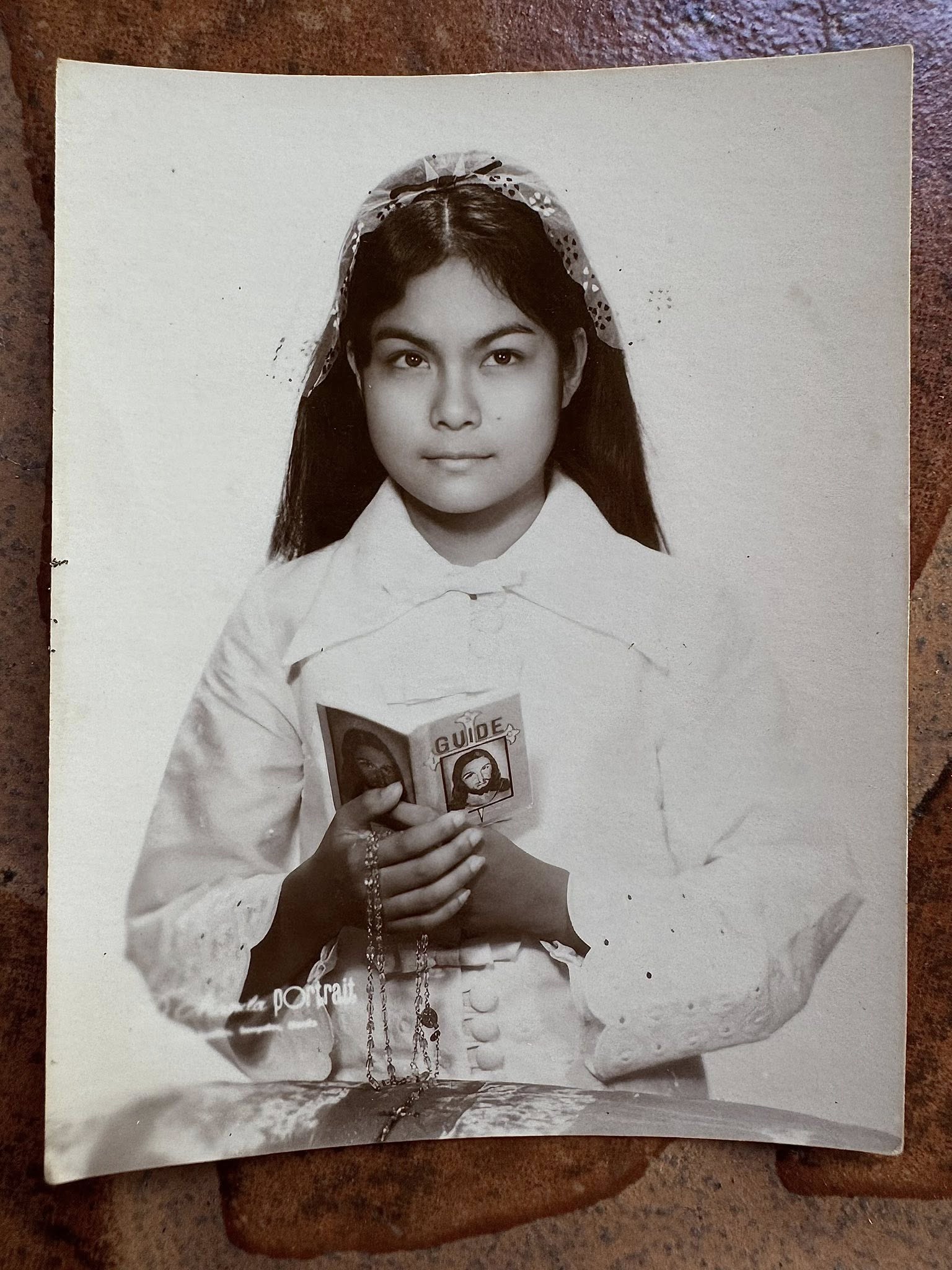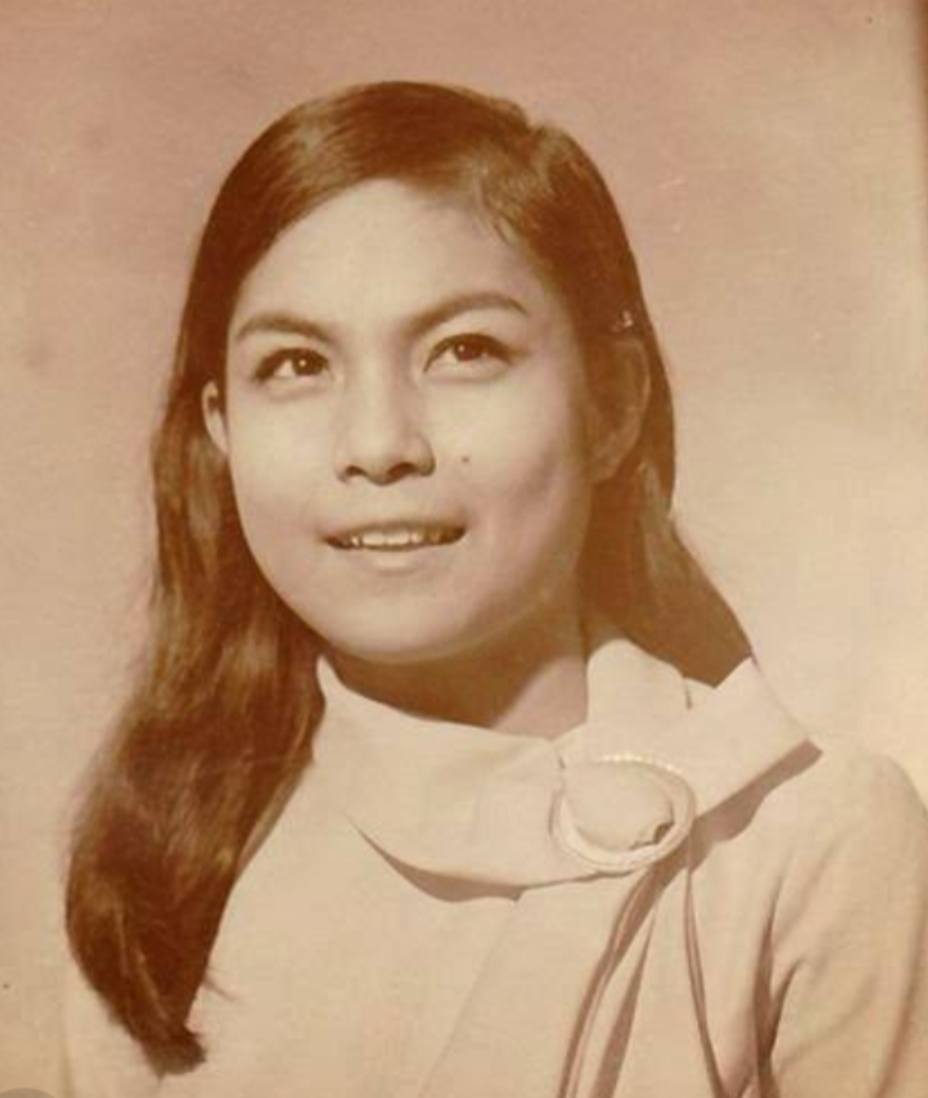In recent days, the country has been in mourning after the consecutive passing of well-loved figures in Philippine showbiz and Original Pilipino Music (OPM). But among these heartbreaking losses, one that truly stunned the nation was the sudden death of the one and only Superstar and National Artist for Broadcast and Film, Nora Aunor. She passed away at 71, leaving behind a monumental legacy that transcends generations.

Growing up, my mother would often recall how Nora Aunor was the biggest star of her youth. She would speak with such fondness of how people would line up for blocks just to buy her albums or watch her movies. Whether in the city or in the province, theaters were packed with fans. At one point, Nora had to be carried and passed through a car window just to escape the throngs of people hoping to catch a glimpse of her.

As they say, “In every home, there’s a Noranian.” A Noranian is a devoted and loyal fan of Nora Aunor—someone whose admiration goes beyond fandom and is rooted in deep emotional connection and respect. From her early days to her peak fame, and even through controversies and challenges, Noranians stood by her unwaveringly, proud to support a woman who rose from humble beginnings to national prominence.

Every Filipino household seems to have a story of admiration for her. From her humble roots to her meteoric rise, and even through the quieter years of her career, her loyal fans remained steadfast. They supported a small, brown-skinned girl from Iriga, and lifted her up to become the country’s one and only Superstar—and eventually, a National Artist.
Even in her passing, fans continue to tell stories—overflowing with love and pride—about the woman who represented the struggles, triumphs, and dreams of the everyday Filipino.
The Making of a Superstar
Born Nora Cabaltera Villamayor on May 21, 1953, in Iriga, Camarines Sur, Nora’s rise to stardom was nothing short of phenomenal. She first caught the public’s attention by winning the singing competition Tawag ng Tanghalan in 1967. But it was not just her golden voice that captivated the nation—it was also her relatability, her acting chops, and her courage to challenge the prevailing beauty standards in showbiz at the time.

One of the highlights of her early career was her unforgettable love team with actor Tirso Cruz III, fondly called “Guy and Pip.” Their onscreen chemistry and real-life romance drove fans into a frenzy. Their pairing wasn’t just a typical showbiz formula—it sparked a cultural phenomenon, complete with doll merchandise like the famous Maria Leonora Theresa doll, symbolizing their tandem’s massive popularity.
A Force in Philippine Cinema
Nora’s contributions to film are historic. Her performances in classics like Tatlong Taong Walang Diyos (1976), Minsa’y Isang Gamu-Gamo (1976), and The Flor Contemplacion Story (1995) earned critical acclaim not just in the Philippines, but internationally.

But perhaps her most iconic role came in 1982, when she played Elsa in Himala, directed by the late Ishmael Bernal. The film, about a faith healer in a small rural town, became a cinematic milestone. Nora’s powerful and haunting delivery of the line “Walang Himala!” (“There is no miracle!”) remains one of the most memorable moments in Philippine film history.
She worked with some of the most respected directors in the industry: Ishmael Bernal, Lino Brocka, Mario O’Hara, Brillante Mendoza, and Joel Lamangan—names synonymous with bold, socially conscious storytelling. Nora’s versatility and raw talent made her a director’s dream, and her ability to disappear into every role she played only added to her mystique.
A National Artist, A National Treasure
In 2022, Nora Aunor was finally named National Artist of the Philippines for Film and Broadcast Arts—an honor long awaited by her admirers and the film industry. Despite years of speculation and delay, the recognition came at a time when her legacy had already been firmly cemented. The title was more than just a government award; it was a reflection of the people’s enduring love and admiration for her.

She was not just an actress. She was a voice for the voiceless, a mirror to Filipino society, and a living reminder that greatness can come from anywhere—even from someone selling water at the train station, as she once did.
Remembering Nora
Nora Aunor was not perfect, and her life was filled with trials and controversies. But through it all, her talent remained undeniable, her presence unforgettable, and her impact immeasurable.
As we say goodbye to the Superstar, we also say thank you—for the songs, the films, the stories, and the spirit. Nora Aunor was more than a celebrity—she was, and will always be, a national treasure. And for every Noranian, her light will never truly fade.
May you rest in peace, La Aunor.






